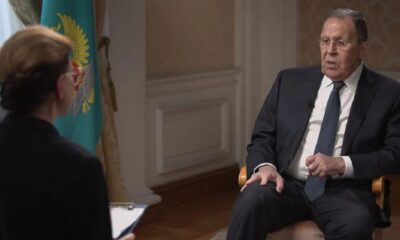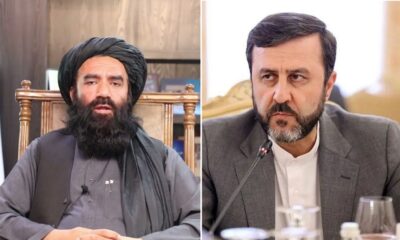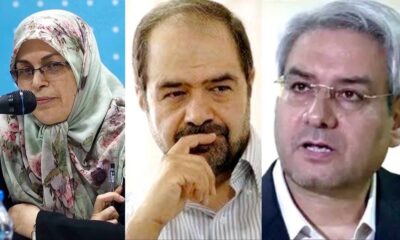Latest News
US envoy, Bajwa discuss post-withdrawal Afghanistan
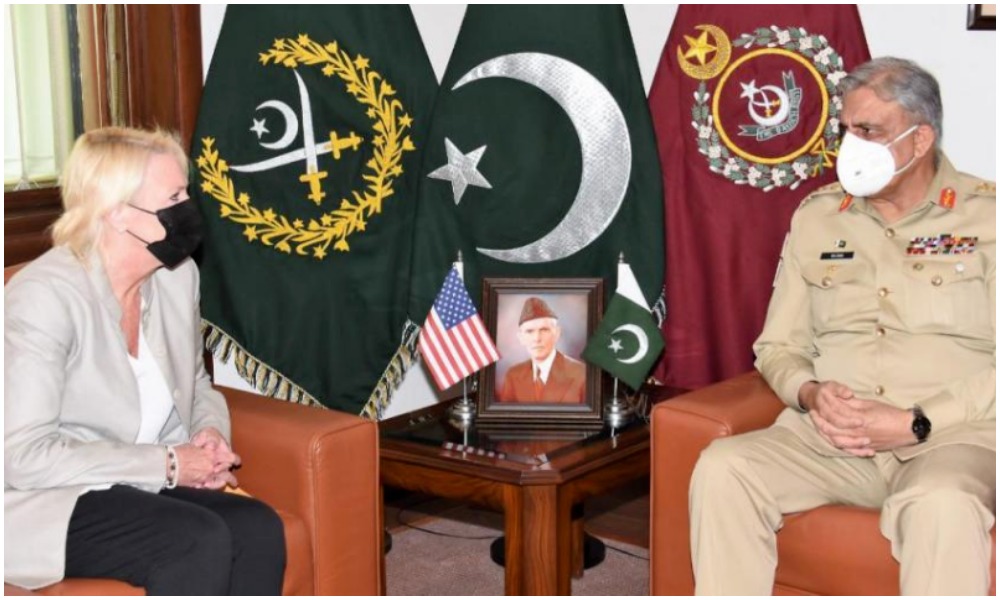
United States envoy Angela Aggeler on Friday met Army Chief General Qamar Javed Bajwa and discussed issues on post-withdrawal Afghanistan and the peace process.
“During the meeting, matters of mutual interest, overall regional security situation, including recent developments in Afghan peace process, and bilateral cooperation in various fields were discussed,” Inter-Services Public Relations (ISPR) said in a statement.
The meeting between the US chargé d’affaires and the army chief was part of the ongoing engagement between the two countries on Afghanistan, Dawn News reported.
This comes after a telephone conversation between US Secretary of State Antony Blinken and Foreign Minister Shah Mahmood Qureshi.
The national security advisers of the two countries also met in Geneva and the US defence secretary spoke with the army chief over the phone.
“The US dignitary appreciated Pakistan’s sincere efforts for bringing peace and stability in the region, especially the Afghan peace process,” the ISPR said.
It has been speculated that the US has been asking for bases in Pakistan after the withdrawal of its forces from Afghanistan, Dawn News reported.
These reports followed President Joe Biden’s statement that the US would “reorganise … counterterrorism capabilities and the substantial assets in the region to prevent reemergence of terrorists — of the threat to our homeland from over the horizon. We’ll hold the Taliban accountable for its commitment not to allow any terrorists to threaten the United States or its allies from Afghan soil”.
Foreign Minister Qureshi had earlier this week told the Senate that Pakistan would not allow American bases in the country. “Let this house and the Pakistani nation be a witness to my testimony that under Imran Khan there will be no American base built on Pakistani soil. Forget about the past,” he said.
“The government of Pakistan has categorically said that we will not allow kinetic use of drones nor are we interested in the surveillance of your drones. That’s a very clear-cut policy of this government,” Qureshi said.
The Taliban this week warned the “neighbours” against hosting the US forces after their departure from Afghanistan, saying that any such action would be seen as “provocative”.
Latest News
Pakistan to repatriate nearly 20,000 Afghans awaiting US resettlement
Authorities will also share verified data of the affected individuals with relevant departments to support implementation.
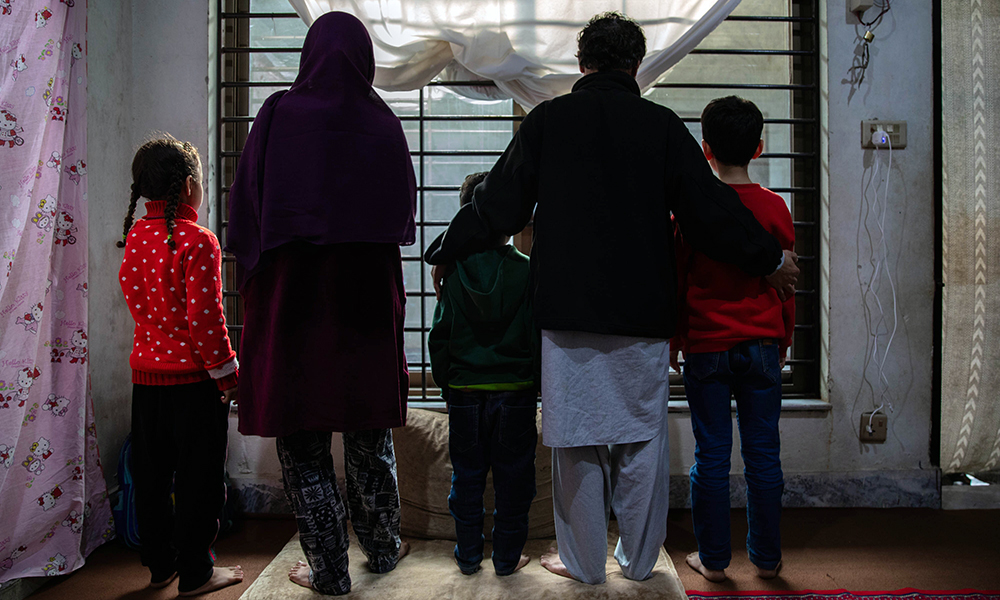
Pakistan will repatriate nearly 20,000 Afghan nationals currently awaiting resettlement in the United States, The Nation reported, citing official sources.
The move affects 19,973 Afghans living across Pakistan.
A federal directive will instruct provincial chief secretaries and police chiefs in Punjab, Sindh, Khyber Pakhtunkhwa, Balochistan, Azad Kashmir, Gilgit-Baltistan, and the Islamabad Capital Territory to begin the repatriation process immediately.
Authorities will also share verified data of the affected individuals with relevant departments to support implementation.
Following the Islamic Emirate’s return to power in 2021, more than 100,000 Afghans fled to Pakistan, many of whom had worked with the US and UK governments, international organizations, or aid agencies.
Thousands have remained stranded in Pakistan for over four years while awaiting US resettlement clearance.
Prospects for relocation have dimmed amid a suspension of case processing by the US administration, according to The Nation.
Under Pakistan’s Illegal Foreigners Repatriation Plan (IFRP), all Afghan nationals still awaiting US relocation will now be returned to Afghanistan.
Latest News
Terrorist activities observed along Afghanistan borders, says Lavrov
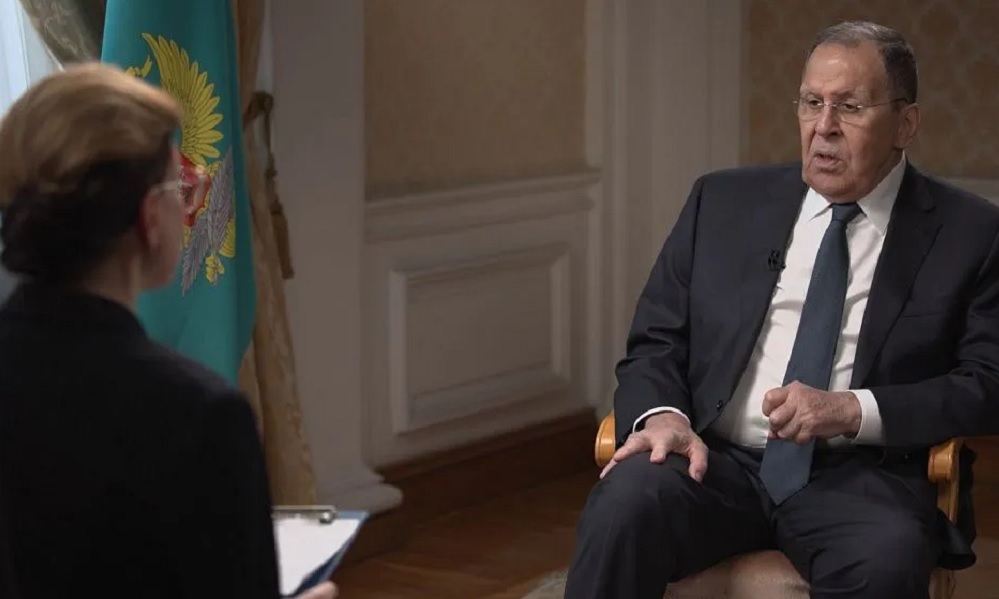
Terrorist activities continue to be observed along Afghanistan borders and along the India–Pakistan–Afghanistan corridor, Russian Foreign Minister Sergei Lavrov said in an interview published on Monday.
Speaking to Russia-based media outlet TV BRICS, Lavrov pointed to ongoing concerns in the Middle East, including its Asian regions.
He highlighted the importance of collaboration with India at the United Nations to advance a global counter-terrorism convention.
Lavrov stated that while the draft convention has already been prepared, consensus on its adoption has not yet been reached.
Russia has repeatedly expressed concern about militant threats from Afghanistan. The Islamic Emirate, however, has dismissed the concerns saying that it will not allow Afghanistan’s soil to be used against any country.
Latest News
Afghan border minister holds phone talks with Iran’s deputy foreign minister
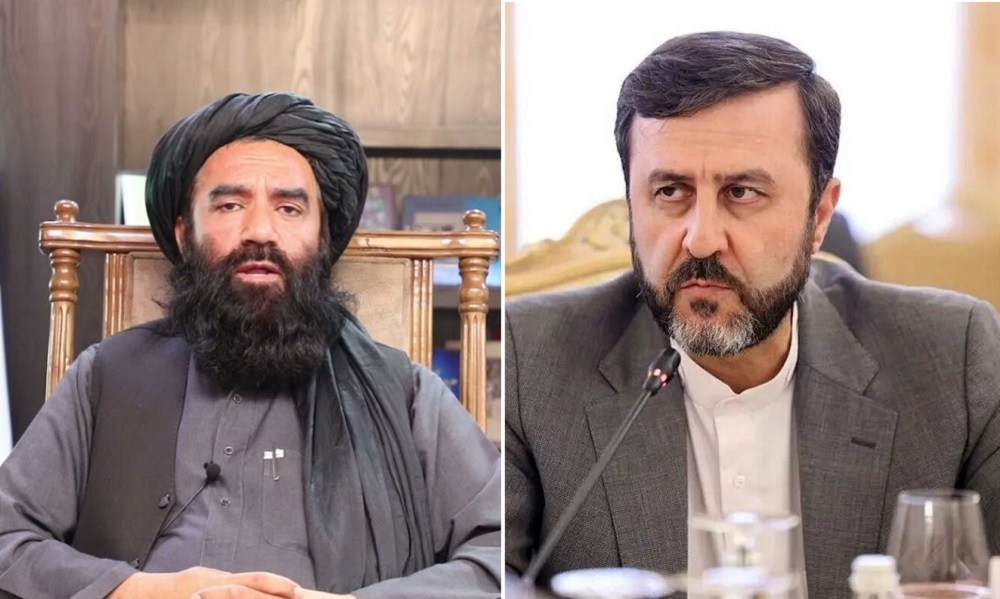
Noorullah Noori, Afghanistan’s Minister of Borders and Tribal Affairs, held a phone conversation with Kazem Gharibabadi, Iran’s Deputy Foreign Minister for Legal and International Affairs, to discuss bilateral border cooperation.
According to the Iranian news agency IRNA, both sides reaffirmed their commitment to strengthening border collaboration, with a particular focus on the ongoing renovation and updating of border markers. They also agreed to accelerate joint technical and legal meetings to enhance coordination.
As part of the agreement, the next meeting of senior border officials from Afghanistan and Iran is scheduled to take place in Iran in 1405 (2026–2027).
-

 Latest News3 days ago
Latest News3 days agoAfghanistan to grant one- to ten-year residency to foreign investors
-

 Latest News5 days ago
Latest News5 days agoTerrorist threat in Afghanistan must be taken seriously, China tells UNSC
-

 Sport4 days ago
Sport4 days agoIndonesia shock Japan to reach historic AFC Futsal Asian Cup final
-

 Sport5 days ago
Sport5 days agoMilano Cortina 2026 Winter Olympics: What You Need to Know
-

 Sport2 days ago
Sport2 days agoIran clinch AFC Futsal Asian Cup 2026 in penalty shootout thriller
-

 Latest News5 days ago
Latest News5 days agoUS Justice Department to seek death penalty for Afghan suspect in National Guard shooting
-

 Latest News3 days ago
Latest News3 days agoAfghanistan says Pakistan is shifting blame for its own security failures
-
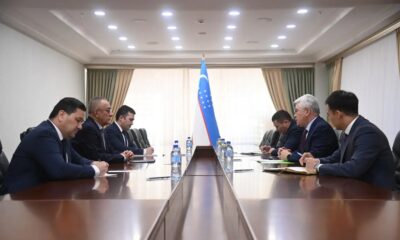
 Latest News5 days ago
Latest News5 days agoUzbekistan, Kazakhstan discuss cooperation on Afghanistan




